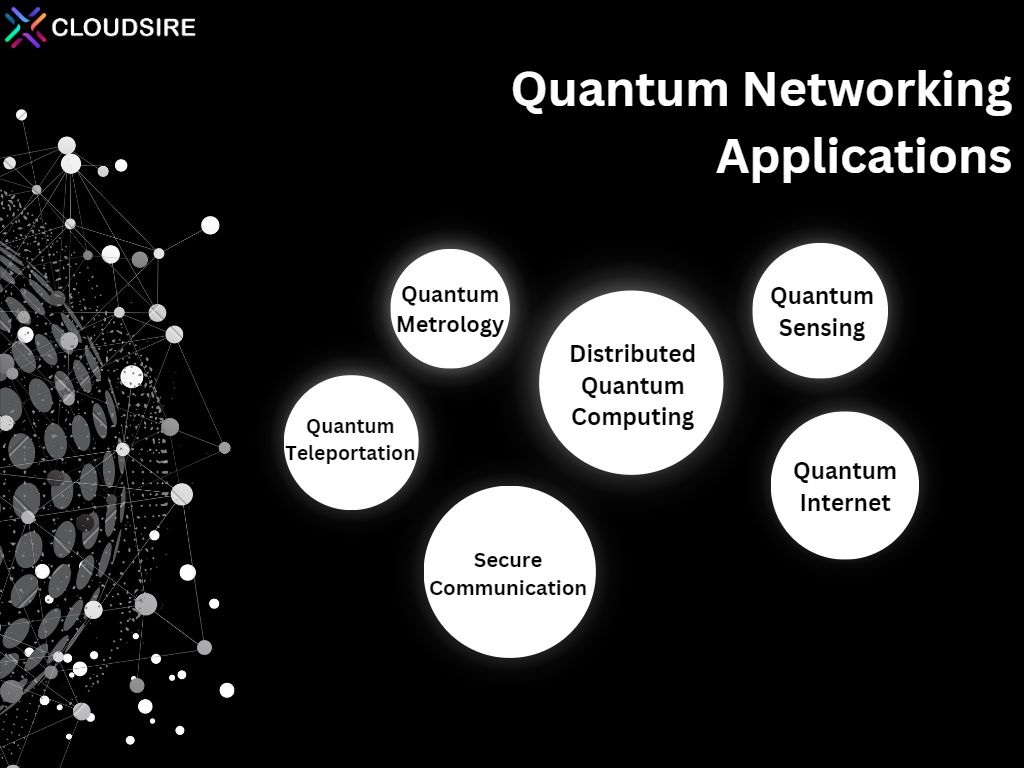
-
 Sathwik Alamuru
Sathwik Alamuru
-
 286 Views
286 Views
-
 5 Min Read
5 Min Read
-
 2 years ago
2 years ago
Communication Technologies enables the transfer of information and computing technologies process and analyse data both are fundamental for innovation and play a vital role in the digital era. As our world evolves to be a better place to live, every technology supporting the mankind must evolve for making better innovations.
One such thing which may evolve is computing and the technology which can bring the change is the Quantum Computing.
Quantum computing is a new kind of computing that uses the principles of quantum mechanics to solve certain kinds of problems much faster than classical computers. While classical computers use bits, which can only be in two states 0 or 1, quantum computers use qubits, which can be in multiple states at the same time. This property of qubits allows quantum computers to perform certain calculations much faster than classical computers.
However, it's important to note that quantum computers are not a direct substitute for modern computing. Classical computers are still very useful for many tasks, such as word processing, browsing the internet, and running most software programs.
Quantum computers are most useful for solving problems that are difficult or impossible for classical computers to solve efficiently. For example, they can be used to simulate the behaviour of molecules, which is useful for developing new drugs and materials. They can also be used to solve optimization problems, which are important in fields like logistics and finance.
So, while quantum computing has the potential to revolutionize certain areas of computing, it's not a direct replacement for classical computing. Instead, it's a complementary technology that can be used alongside classical computing to solve certain kinds of problems much faster and more efficiently.
On the other hand, we have networking which helps us to communicate. One such technology which may evolve is Quantum Networking.

Quantum networking is a new technology that uses the principles of quantum physics to transmit information between computers or devices. Unlike classical networking, which is based on binary digits 0 or 1, quantum networking uses quantum bits known as qubits that can exist in multiple states at the same time. This means that quantum networking can potentially transmit information faster and more securely than classical networking. For example, quantum cryptography can use the unique properties of qubits to create unbreakable codes, making it impossible for hackers to intercept or decode information.
Additionally, quantum networking could also enable the creation of quantum internet, which would allow quantum devices to communicate with each other over long distances. This could be useful in fields such as scientific research, where large amounts of data need to be shared between different locations.
However, quantum networking is still in its early stages, and there are many technical challenges that need to be overcome before it can be widely implemented. For example, qubits are very fragile and can easily be disrupted by external factors such as temperature and electromagnetic radiation. Additionally, quantum networking requires specialized equipment and infrastructure, which can be expensive and difficult to maintain.
So, quantum networking has the potential to revolutionize the way we communicate and share information, but there is still a long way to go before it becomes a practical and accessible technology for everyday use. it has potential for secure communication and could be an important part of the future of networking.
While quantum computing and networking hold significant promise for revolutionizing computation and communication, it is not certain that they will definitively rule the technological world. Because, it is still in its starting stage of development, and many of the practical applications of quantum computing are still being researched and developed. If quantum computing is further developed, it could potentially revolutionize many areas of computing and solve complex problems faster than classical computers.
In recent years, there has been a surge of interest and investment in quantum computing and networking. Companies, universities, and governments worldwide are actively exploring these technologies. Startups in quantum computing are emerging, attracting funding and attention. Researchers are collaborating and sharing knowledge, pushing the boundaries of what is possible. As quantum computing and networking mature, there is a growing need for a skilled workforce. Universities are offering specialized courses to train the next generation of quantum scientists and engineers. This investment in human capital will drive innovation and practical applications in various industries.
The potential impact of quantum computing and networking is immense. They can revolutionize industries, solve complex problems, and change the way we communicate and process information. However, there is still work to be done. We must monitor progress, adapt regulations, and address ethical and security concerns.
In conclusion, quantum computing and networking are the forefront of technological advancement. Ongoing research and development bring us closer to a future where quantum technologies are practical tools that enhance our lives and drive innovation. By embracing their potential, we can unlock new possibilities and create a brighter, more connected future.
